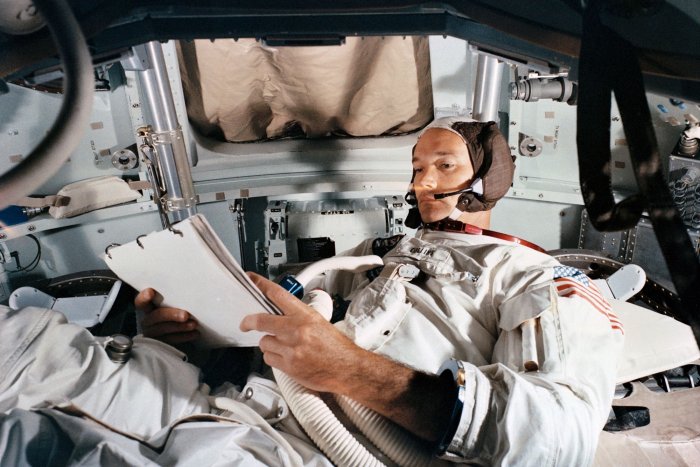April 28 (UPI) -- Michael Collins, a former NASA astronaut who was part of the first moon landing mission of Apollo 11 in 1969, died on Wednesday. He was 90.
Collins was part of Apollo 11's three-man crew, but unlike Neil Armstrong and Edwin "Buzz" Aldrin, he never walked on the moon. He was sometimes known as the "forgotten astronaut."















